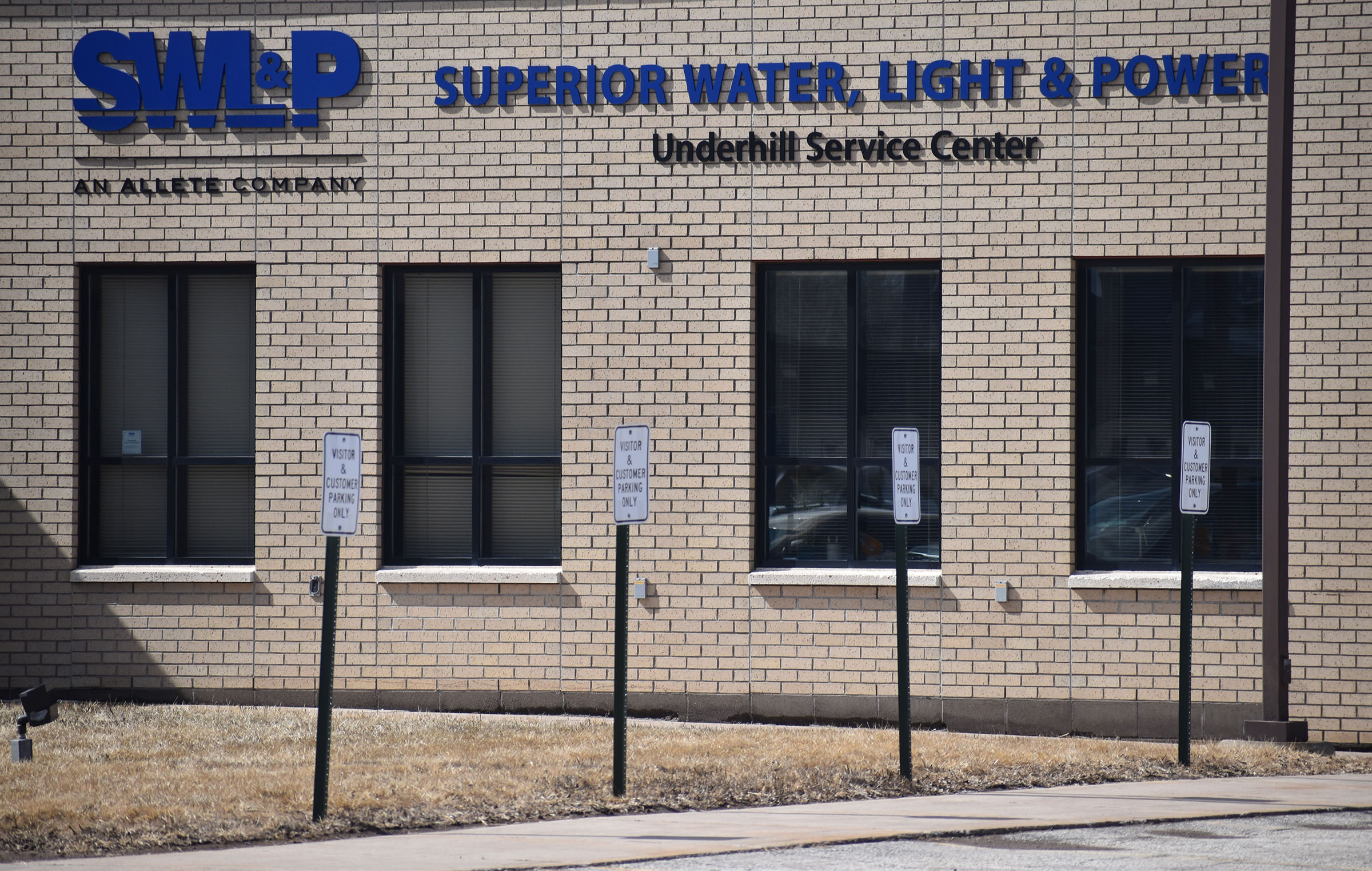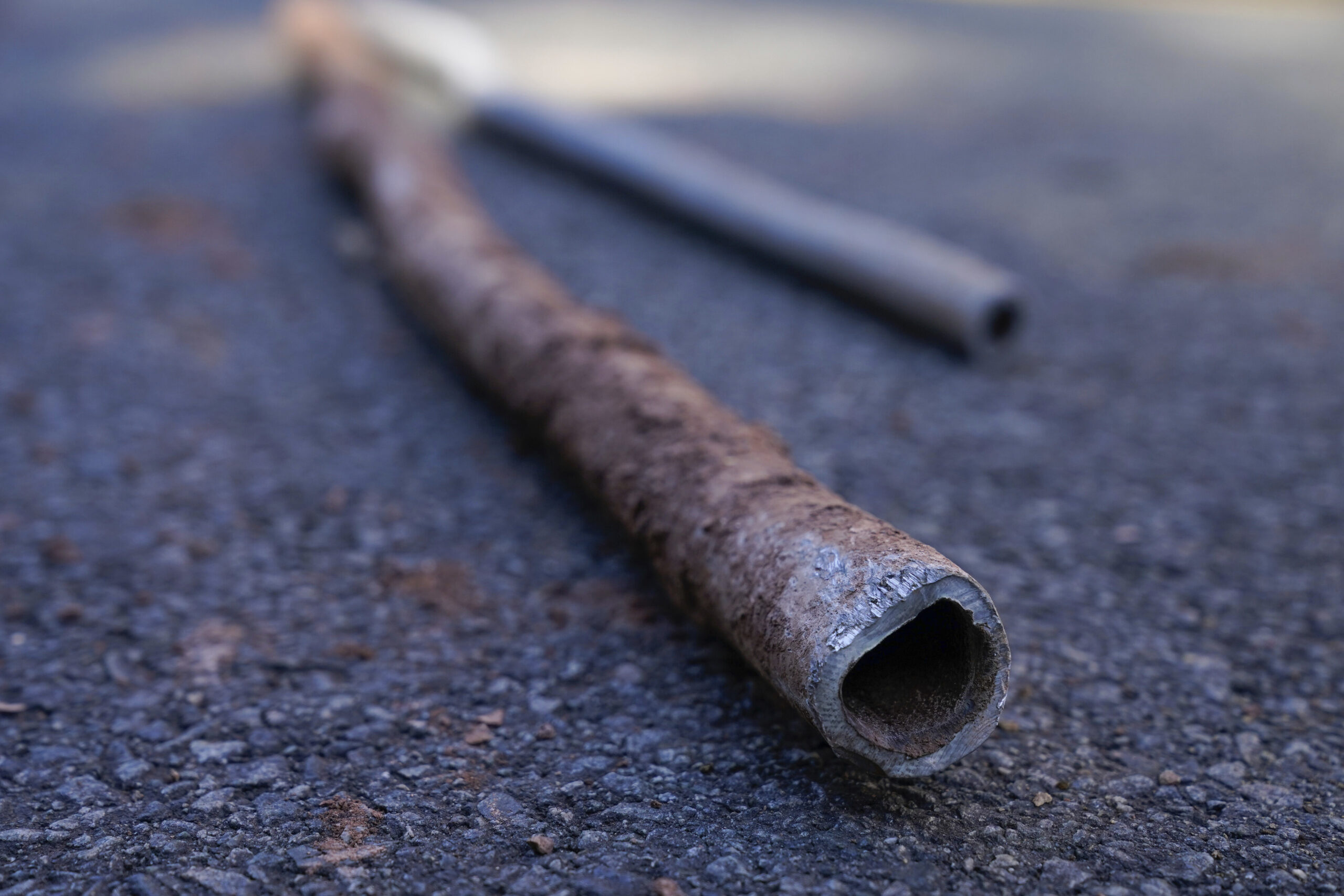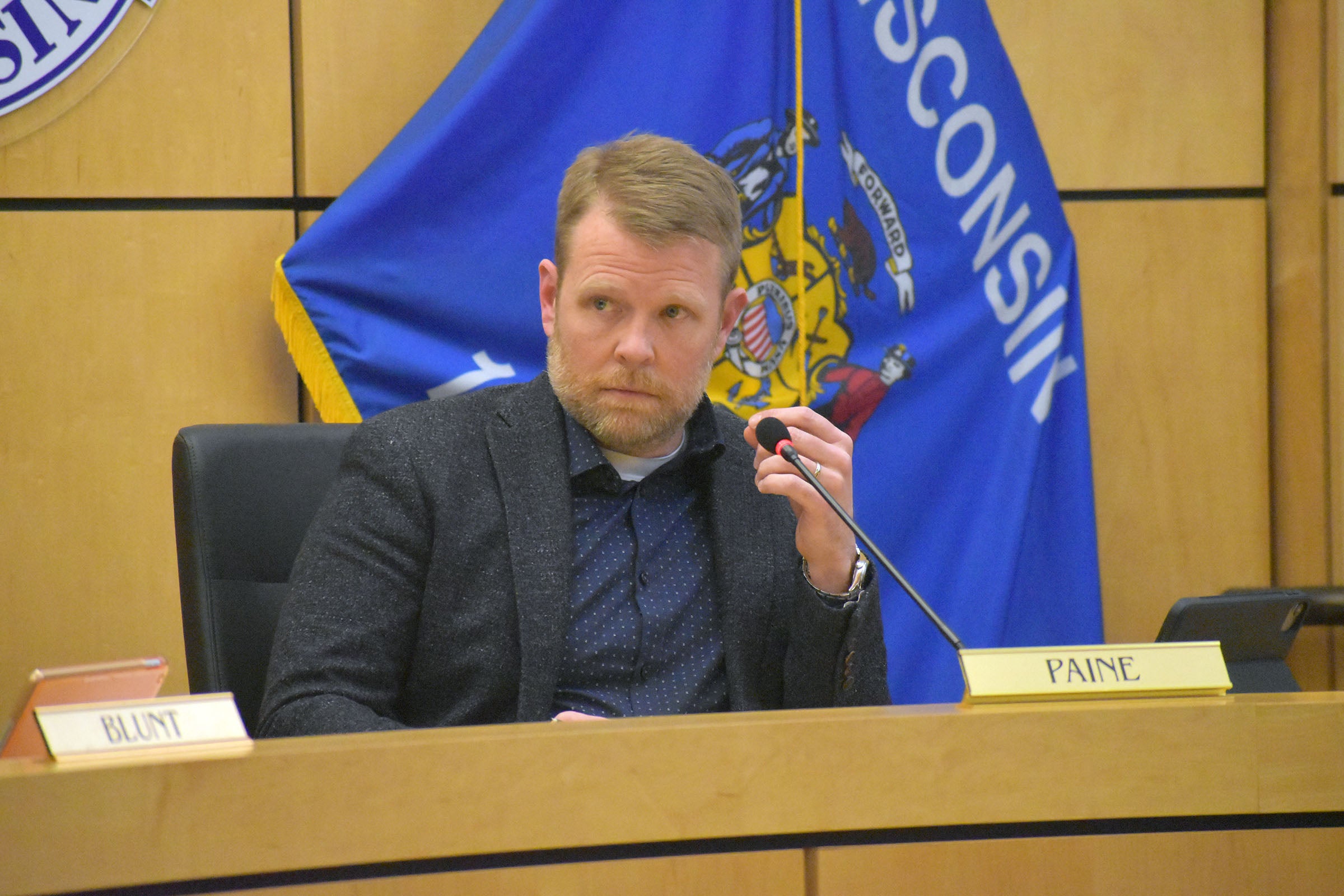Republicans in the Wisconsin Senate have narrowly passed a bill that would allow Wisconsin’s only private water utility to access federal funds for lead lateral replacement.
The focus on a single utility comes as Democrats are pressing for broader state spending amid cuts under President Donald Trump’s administration.
The bill that passed the Senate last week would make Superior Water, Light & Power Company eligible for forgivable loans under the state’s Safe Drinking Water Loan Program. State loan programs have been bolstered by $15 billion in federal funding set aside by Congress for removal of lead pipes under the bipartisan infrastructure law. But state law bars privately owned water systems from receiving loan forgiveness.
The bill passed 17-16. Sen. Steve Nass, R-Whitewater, joined Democrats in voting against the legislation. It heads next to the state Assembly.
Democrats used the bill to rail against GOP colleagues for recently stripping $200 million for lead line replacement under Gov. Tony Evers’ budget proposal. Citing cuts to federal funding and programs, they sought to restore state funds in an amendment to the bill that failed.
Sen. Melissa Ratcliff, D-Cottage Grove, said the state can’t count on federal funding.
“We need to fund the removal of these pipes. We need to be funding publicly owned entities whose priority is public health rather than private profit margins,” Ratcliff said. “We do not need to carve out ways that one private entity can tap into state resources when that city has been working on removing the lead service lines.”
Democrats questioned whether the funds were even still available as the Trump administration and Department of Government Efficiency have slashed federal funding, programs and workers. They highlighted funding that’s been frozen or cut for the Head Start and AmeriCorps programs, libraries and electric vehicle charging stations.

News with a little more humanity
WPR’s “Wisconsin Today” newsletter keeps you connected to the state you love without feeling overwhelmed. No paywall. No agenda. No corporate filter.
The bill’s author, Sen. Romaine Quinn, R-Cameron, accused Democrats of trying to hijack the proposal and added that their communities can access existing funds for lead line replacement.
“This isn’t about whatever federal cuts are coming down the line,” Quinn said. “I appeal to the better nature of my colleagues to say, no matter what you feel about how we should be addressing lead lateral replacement, the citizens of Superior did not choose … to have a private utility. But the fact is, they do. They’re the only ones in this state that don’t receive help.”
Sen. Chris Larson, D-Milwaukee, highlighted that Milwaukee lost help to address its ongoing lead crisis in Milwaukee schools after the Trump administration cut federal staff who monitor lead poisoning.
On Wednesday, U.S. Sen. Tammy Baldwin grilled U.S. Health and Human Services Secretary Robert F. Kennedy Jr. about the cuts to the surveillance branch at the Centers for Disease Control and Prevention. When asked by Baldwin, Kennedy said the agency has no intentions of eliminating the program.
Earlier this year, Trump paused federal infrastructure funding and other grants. A coalition of nearly two dozen state attorneys general sued to reverse the move, including Wisconsin Attorney General Josh Kaul. Federal courts have issued rulings to block the freeze on federal spending.
Trump has also proposed gutting state loan programs that fund water projects under the 2026 budget, saying it’s the responsibility of states to fund their water infrastructure needs.
Wisconsin utilities own about 150,000 lead service lines, and their customers own more than 134,000 private lead lines, according to data from the Public Service Commission. Tens of thousands more pipes might contain lead. The Environmental Protection Agency previously estimated that Wisconsin might have as many as 341,000 lead service lines.
Superior Water, Light & Power Company has estimated it might cost roughly $44 million to replace about 700 privately owned lead lines and 3,700 utility-owned lead lines in Superior. Without changing state law, the utility said residents could lose the chance to access loan forgiveness before bipartisan infrastructure law funds run out. They say residents could save roughly half the cost of replacing those lead lines.
In February, a majority of Superior’s city council voted against a resolution to support the Senate bill as the city explores buying the private water utility amid frustration over recent rate hikes.
Wisconsin Public Radio, © Copyright 2026, Board of Regents of the University of Wisconsin System and Wisconsin Educational Communications Board.





